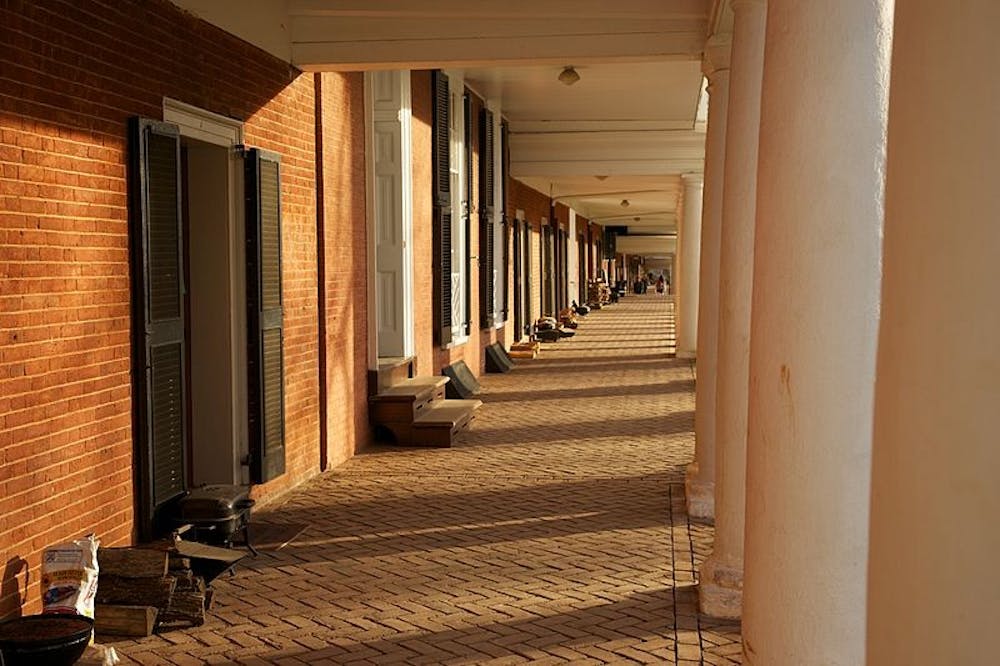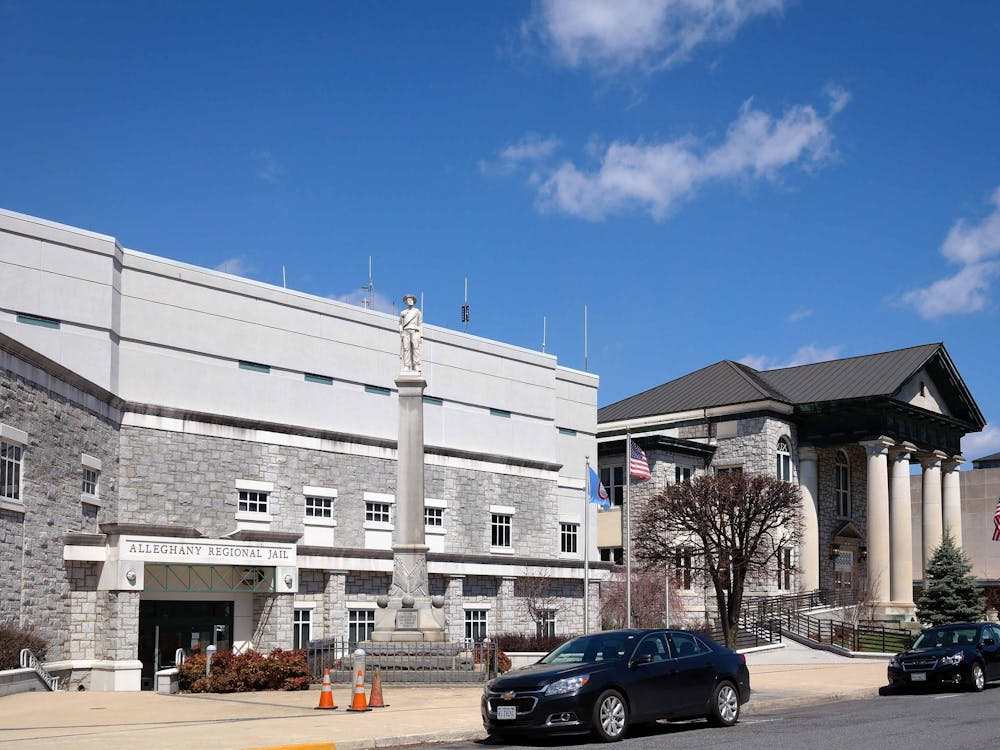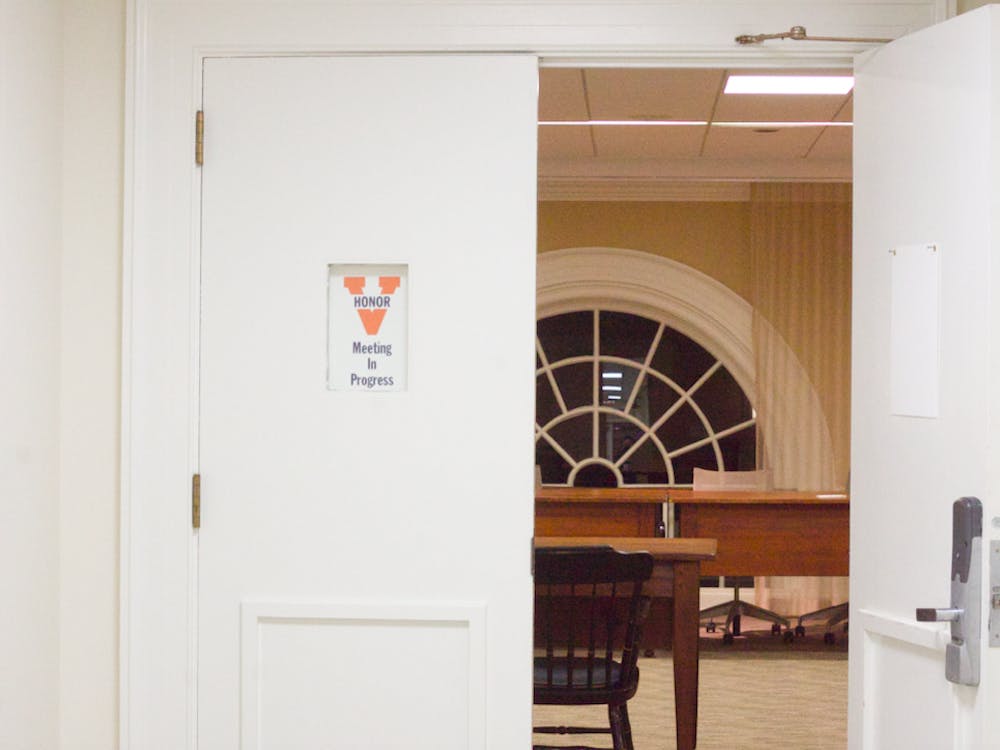It’s become a bit of a tradition. Each year, The Cavalier Daily will run a piece arguing the Lawn selection process is flawed and must be changed to ensure more diversity or more accurate representation. In 2015, the Managing Board opined that the Lawn room selection process should focus on diversity of experiences, rather than offer residency as a reward for the University’s most laudable students. The next year, former columnist Mary Russo advocated removing grade point average as a criteria for lawn room applications. And just last week, fourth-year College student Brittany Hacker argued the calibration committee should ensure each school at the University is accurately represented.
Diversity — whether it’s diversity of race, socioeconomic background or area of study — can be a desirable end. But it’s not the most important one, and for residency on the Lawn, it should not be a consideration at all. Merit alone should distinguish those chosen to populate Thomas Jefferson’s Academical Village.
The Lawn’s historic and continued prestige needs little elaboration. What should be elaborated on is why we should care. Does it really matter if we make ever-so-slight reductions in intellectual standards if we can gain noticeable advances in racial, socioeconomic or intellectual diversity? Yes, it does. On principle, we should reject any relaxation of standards. Unfortunately, this is the inevitable result of supplanting blind judgement of an applicant’s merit in favor of a quota system ensuring the Lawn’s demographics accurately reflect the University’s. Watering down the Lawn selection process or subjecting it to the Orwellian-sounding “calibration committee” after blind selections are made displays a lack of confidence in the Lawn selection process. Not only is this corrosive to the Lawn as an institution, it’s also unfair to future Lawn residents.
We should turn to the late Irving Kristol — “perhaps the most consequential public intellectual of the latter half of the twentieth century” — for some relevant advice. “People do not have confidence in institutions which do not have confidence in themselves,” he wrote in 1974. “People do not have respect for institutions which, instead of making demands upon them, are completely subservient to their whims.”
The Lawn is demanding. It demands you outshine over 200 other applicants, and the several hundred more students too daunted to even apply. It demands a high grade point average, an extraordinary commitment to various organizations at the University and maybe even a few leadership positions. And it demands further work on top of that: Not only must you achieve those things, you must write about them and yourself in a number of short essays. The process is blind; your gender, ethnicity, background and major may all be gleamed obliquely, but they are not relevant considerations — unless the calibration committee intervenes. The result is a process that rewards intellectual ability, hard work and commitment to the University.
Reread the latter half of Kristol’s statement. While it may not occur all at once, respect for the Lawn as an institution will decline if it begins altering its traditional mode of selection to accommodate the latest fads. Removing GPA from the Lawn selection criteria or relying on a calibration committee to favor applicants from certain schools over more qualified applicants will, over time, erode respect for the Lawn as an institution rewarding the University’s best and brightest. This doesn’t merely affect the Lawn as some symbolic entity, either. Taking Hacker’s argument to its extreme, it’s possible that, if only a few manifestly unfit Architecture School students applied, one of them would nevertheless fill a Lawn room rightfully meant for a much more qualified student. And even if we disregard hypothetical extremes, the problem remains: all accepted students would understandably question their deservedness: “Did my acceptance result from the blind judgment of the selection committee? Or did I merely eclipse the other applicants from my school, and the calibration committee elevated my application over more deserving students?” The answer would be unknowable, and that’s the rub. Such doubt is corrosive. Better to rely on one blind selection process to choose the most deserving students and disregard the complaints over representation.
I don’t live on the Lawn — I couldn’t if I had wanted to — and, as a fourth-year, I never will. My concern is not about my own personal stake in the Lawn’s selection process, but with the Lawn as an institution itself. Altering established institutions can sometimes be a necessary corrective, and tends to stem from good intentions. But oftentimes such reform efforts cause unintended consequences that produce more harm than good. It is because of these positive intentions that, to again borrow from Kristol, “we find it difficult even to imagine that, as we remake — ‘restructure’ as we say — our traditional institutions to suit us, we may simply be debasing these institutions so that they will more snugly fit our diminished persons.”
Matt Winesett is an Opinion columnist for The Cavalier Daily. He can be reached at opinion@cavalierdaily.com.






